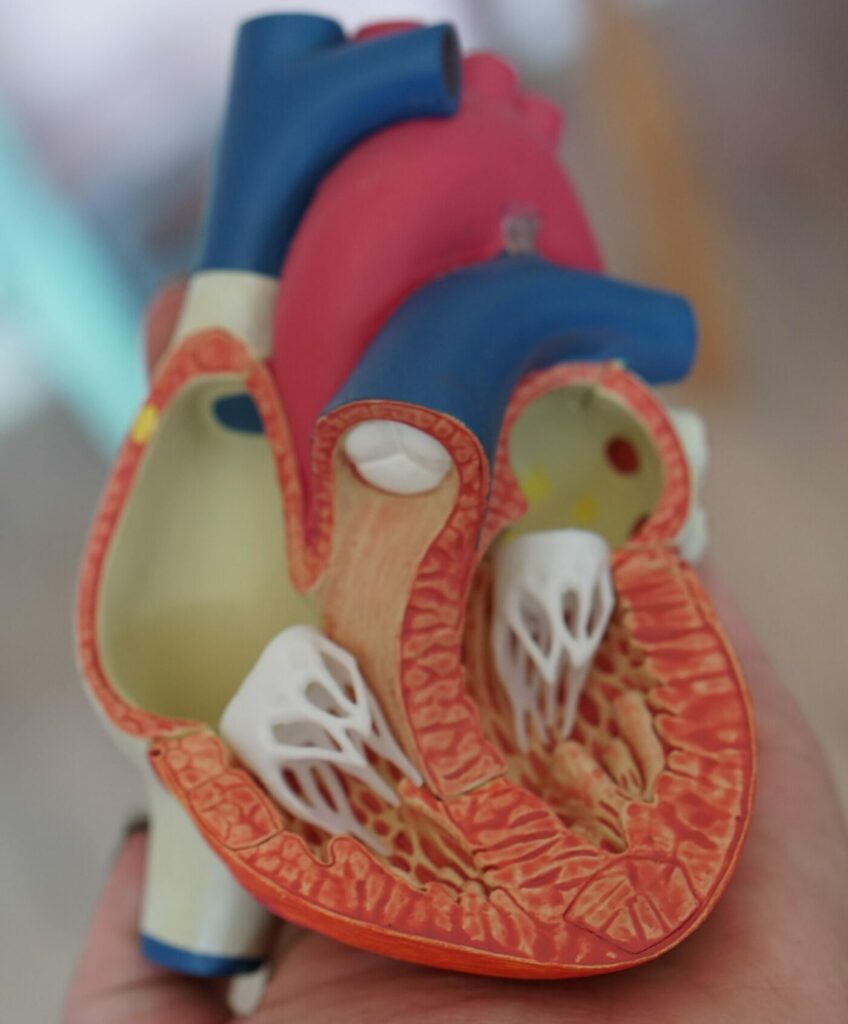Cardiac ablation is a surgical technique to correct arrhythmia, irregular rhythms of the heart. The cardiovascular interventionist uses heat or cold to create tiny scars in the heart muscle that block nerve impulses that make the heart beat too fast.
Your cardiologist will typically give you medication first to treat the most common form of cardiac arrhythmia, atrial fibrillation (also known as a-fib). Cardiologists use cardiac ablation as a backup method to treat a-fib after medications and cardiac inversion have failed.
But cardiac ablation is often the first intervention for another form of arrhythmia known as supraventricular tachyarrhythmia, or SVT, as well as:
- Atrial flutter
- Atrioventricular junctional re-entrant tachycardia
- Atrial tachycardia
- Some forms of ventricular tachycardia
What Should You Expect During Cardiac Ablation?
Cardiac ablation is usually a minimally invasive procedure. The interventionist cuts a 3 mm (1/8 inch) cut into your femoral artery through your groin, or, less commonly, through your arm. The surgeon uses that opening to insert one or more long tubes called catheters into your heart.
You may get an injection of dye to help your doctor visualize your arteries. The catheters have sensors that locate the part of your heart that is causing the arrhythmia. The doctor then uses radiofrequency radiation to heat or a cryogenic probe to destroy defective tissue and neutralize the problem location in your heart muscle.
Cardiac ablation doesn’t hurt. Patients are sedated or put under general anesthesia for two to four hours for the procedure. That compares to as little as five minutes to get a stent. You will have to avoid sitting up for a few hours while you are in recovery. The glue that seals the incision to the artery in your groin or in your arm will dry up and fall off in a few days.
Many people go home the same day they have cardiac ablation, but some have to stay in the hospital one to two days.
Can Anything Go Wrong During Cardiac Ablation?
Cardiac interventionist Ian Weisberg says complications of cardiac ablation are rare.
A study of 23,000 patients undergoing cardiac ablation published in 2023 found that 95.5 percent had no complications at all. Only 2.4 percent of patients had “serious” complications, such as these:
- 1.3 percent had injury to an artery from a catheter. This is more likely to occur during longer procedures to correct severe arrhythmias, those lasting up to six hours.
- 0.8 percent experienced cardiac tamponade, compression of the heart. This condition can cause shortness of breath, weakness, dizziness, and cough.
- 0.2 percent experience a transient ischemic attack or a stroke. This complication can usually be avoided with careful bloodworm before the procedure.
A-fib treated with cardiac ablation won’t go away immediately. Patients may need two to four weeks before they are free of their a-fib symptoms. Injuries, although rare, may take up to two months to resolve. It is important to keep the incision site clean, but avoiding showers, baths, or swimming until the doctor says it is OK.
